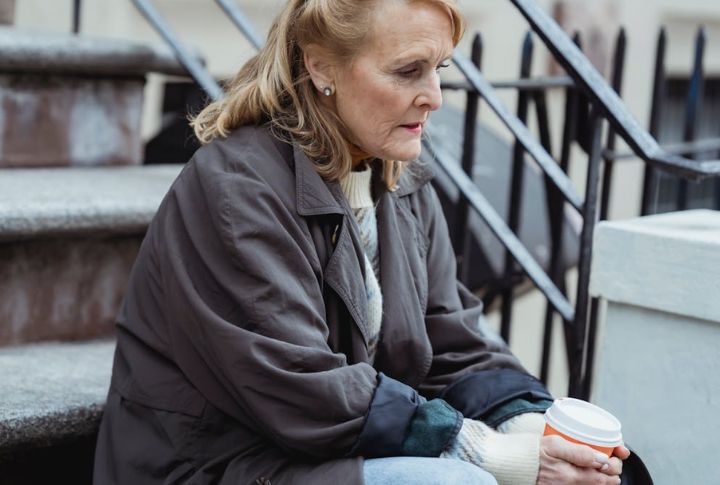
Loneliness in the elderly rarely looks dramatic—it hides in everyday gestures and familiar routines. They may smile, keep busy, or stick to habits that quietly fill the silence. The signs are easy to miss but deeply human. Ready to spot the subtle ways loneliness slips into an aging life?
Frequent Mentions Of “The Old Days”
Constantly talking about “the old days” can be a quiet sign of loneliness in older adults. Psychologists explain that reminiscing helps them feel connected to a time when relationships were stronger. It’s not just nostalgia, but a gentle way to find comfort and company through cherished memories.
Unusual Attachment To Routine
Many elderly find comfort in strict daily routines—like eating meals at the same time or following set rituals. These predictable habits provide a sense of control and stability, especially when social contact becomes limited. Routine offers structure, grounding their days in familiarity when life around them feels quieter.
Over-Apologizing Or Downplaying Needs
Individuals who frequently apologize or minimize their needs may be quietly expressing loneliness. By avoiding requests for help, they protect others from worry while hiding their emotional struggles. This behavior usually reflects a deep desire not to burden loved ones or risk feeling rejected for needing support.
Talking More To Pets Or Objects
When conversation with people becomes limited, some elderly people turn to pets or even inanimate objects for companionship. It can help replace the feeling of connection once found in everyday interactions, thereby providing emotional balance in moments of solitude. Pets also help ease isolation and lift spirits.
Subtle Neglect Of Self-Care

Subtle changes in self-care usually go unnoticed at first. An older person wearing yesterday’s clothes again, skipping breakfast, or showering less frequently might seem like minor quirks. However, psychologists recognize these as red flags—as social life fades, so does the energy and motivation to maintain basic personal routines and appearance.
Lingering Conversations With Strangers
Someone in their later years who extends every conversation with the cashier or mailman might not just be talkative—they may be seeking companionship. These drawn-out conversations provide tiny doses of companionship that are otherwise missing from their daily lives. Even brief exchanges can offer emotional relief and a sense of being seen.
Increased TV Or Radio Dependence
A home where the TV and radio play nonstop tells its own story. Many seniors aren’t necessarily entertainment addicts—they’re frequently seeking the illusion of company. The steady stream of voices and sounds replaces the silence that highlights their isolation, offering a comforting reminder that somewhere, people are talking and life continues.
Uncharacteristic Generosity Or Over-Gifting
Suddenly, excessive generosity can signal something deeper than simple kindness. Many individuals who begin providing frequent gifts or unexpected favors are often trying to buy connection or maintain relevance in others’ lives. These gestures replace the vulnerable conversations they can’t quite bring themselves to have about feeling alone or forgotten.
Overemphasis On Independence
It looks like fierce independence, but it’s really self-protection. The elderly who wave off every offer of help aren’t proving their strength—they’re avoiding vulnerability. Behind all that “I can do it myself” attitude is someone who desperately wants care and connection but feels too exposed to ask.
Frequent Mention Of Late Friends
Those who keep bringing up late friends might be showing their current reality. Frequent mentions of those who’ve passed usually reflect painfully shrunken social circles. This behavior processes both loss and present isolation—revisiting old connections because new ones simply don’t exist to fill the void.

